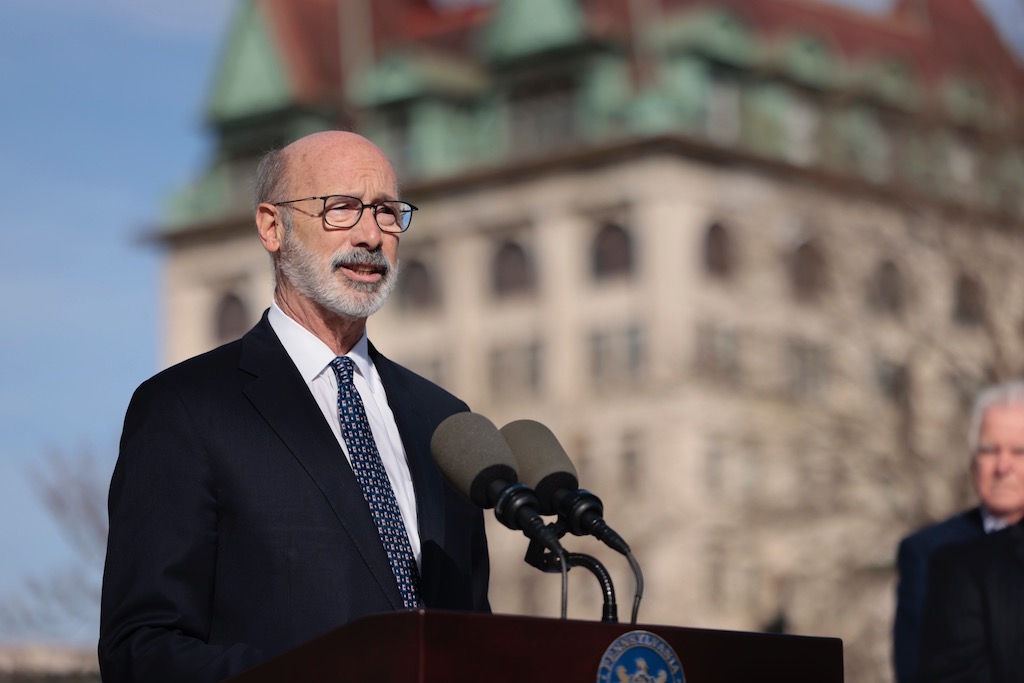PCCYFS Releases Position Paper on Raising the Minimum Wage
A new policy position statement released by the Pennsylvania Council of Children, Youth & Family Services (PCCYFS) raises significant considerations about the Administration’s initiative to increase the minimum wage and …

A new policy position statement released by the Pennsylvania Council of Children, Youth & Family Services (PCCYFS) raises significant considerations about the Administration’s initiative to increase the minimum wage and the importance of government paying what is needed to meet their own minimum wage requirement. PCCYFS calls on state policymakers and the Governor to implement increases in the minimum wage only with a corresponding increase in human services funding for workforce wages, some of which must be specifically designated for the private agencies that are a critical frontline partner in supporting Pennsylvania’s children and families. The full report is available here.
Governor Wolf has put forth a proposal to increase the statewide minimum wage with ongoing annual increases until the rate reaches $15 an hour in 2027 but legislation to align with this proposal has not been successful. Pennsylvania’s human service providers do not have the ability to adjust their own costs and reimbursement rates. In order to provide services, providers are paid a pre-determined rate controlled by the Pennsylvania Department of Human Services (DHS), individual counties with which providers contract, and behavioral health managed care organizations.
“While PCCYFS supports an increase in wages for human service employees, this requires the state to provide reimbursement for the actual cost of caring for Pennsylvania’s children and families,” said Terry Clark, President and CEO of PCCYFS. “The human services workforce, especially within the provider community, is already struggling to recruit and retain high-quality staff due to funding limitations within the system. A minimum wage mandate without an increase in funding from the state for human service providers, puts the well-being of our communities at risk.”
Noteworthy points from the report include:
- Despite being highly skilled and educated, human service professionals in Pennsylvania are not adequately compensated for the value their positions bring to Pennsylvania’s families and children. Agencies struggle to fairly compensate their staff due to the pervasively low rates paid to providers for the work they do. Providers often lose their qualified workers to other sectors where individuals may be paid comparably. An unfunded minimum wage increase would only further complicate the recruitment and retention issues that providers are facing.
- Because of the realities that salary compression brings, any increase to provider rates should be based on the totality of the fiscal impact to an organization. Wage compression could be a difference of billions, as evidenced by the human services field in Illinois.
- Well-meaning, social service or non-profit exemptions are not the solution. If other sectors or employers are able to raise prices to offer a minimum wage position, lower paying human service jobs will become more difficult to fill with qualified candidates.
- Further compounding these funding scarcities, providers of foster care, adoption, residential treatment centers, and other placement services are finding it increasingly cost prohibitive, if not impossible, to obtain professional liability insurance. Agencies are choosing between closing their doors or facing the future without adequate coverage to support their staff who work with families impacted by trauma, abuse, and neglect.
Investing in the human services workforce by appropriating funds to support agencies’ ability to pay a livable wage means investing in the well-being of our communities; it is the cost of offering Pennsylvania’s families the quality care they deserve.



